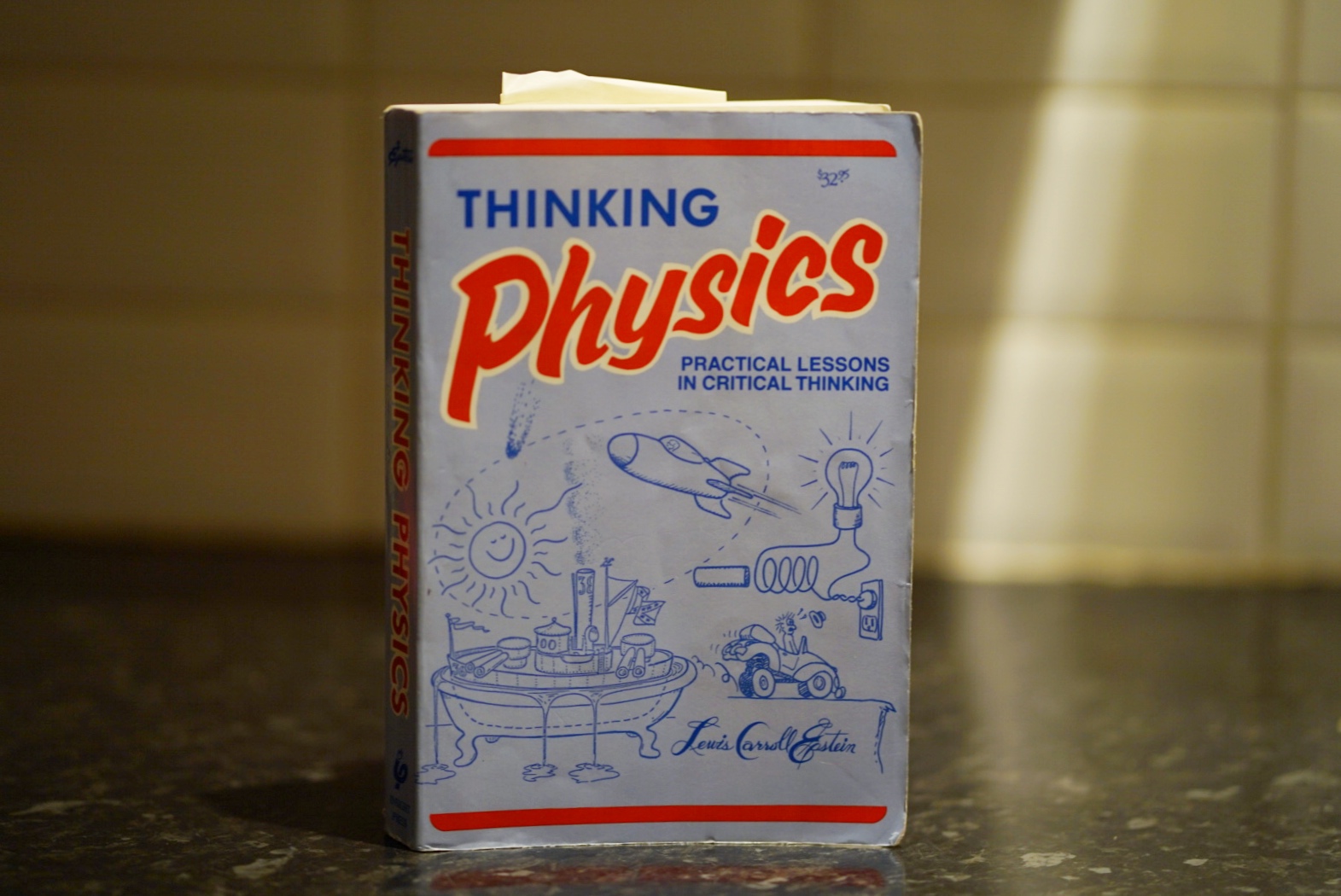Tale of two books
Saturday 22 September 2018
 "A staggeringly beautiful read for physicists, classicists, philosophers and theologians" is how I described Carlo Rovelli's The Order of Time in my email bulletin to this year's Oxbridge applicants today. And so it is! I've had my copy gathering dust on an ever-growing pile of books since May when I managed to lay my hands on a signed copy in Foyles, London. But last night when working my way indulgently through pages 1-51 I couldn't help but jot down a few highlights. I make no excuses for my lack of criticism - I can't claim to be objective with any of Rovelli's work since Seven Brief Lessons on Physics.
"A staggeringly beautiful read for physicists, classicists, philosophers and theologians" is how I described Carlo Rovelli's The Order of Time in my email bulletin to this year's Oxbridge applicants today. And so it is! I've had my copy gathering dust on an ever-growing pile of books since May when I managed to lay my hands on a signed copy in Foyles, London. But last night when working my way indulgently through pages 1-51 I couldn't help but jot down a few highlights. I make no excuses for my lack of criticism - I can't claim to be objective with any of Rovelli's work since Seven Brief Lessons on Physics.
Right from the introduction Rovelli teases us with the notion of timing, stating that that "this book is divided into three unequal parts" and describes the unknown as "that vast nocturnal and star-studded ocean" - surely worth a mention in a good ToK class. As is the suggestion that science is underpinned by rebellion and poetry, which made me consider the elements that conspire to produce a paradigm shift.
We are delighted by diagrams of young and old smurfs and brought back to reality with our own time-dependent paired notions (wound and pain, memory and hope, regret and intention). I too was personally pleased to recall the Flanders & Swann song on the laws of thermodynamics when informed that these were the only non-reversible laws in physics. And I'll be in touch with my Greek and Latin HL student from last year with the revelation (to me, at least) that "entropy" comes from the classical word for transformation.
There are moments of joy and of sadness to contextualise the developments in physics (I'll let you read for yourself to find out about the life of Boltzmann), which makes the whole thing quite gripping, but with a moment's thought there are implicit ideas for the classroom too. What about asking a student to shuffle a pack of cards until they are in order? Well, what order? Number, colour, suit, poker value... or indeed any order that could be considered "particular"?
 This is the kind of discussion that can be more readily drummed up by breaking out a few questions from Thinking Physics (Lewis Carroll Epstein), an absolute must-have in my teaching artillery. Packed with original multiple choice questions with impressive (and humorous) attention to detail in the explanations, it has formed the basis of more than a couple of 45-minute lessons when I'm introducing a topic. To minimise resources preparation time, I'm quite happy to carry it to the lab under my elbow and to carefully display one question at a time under the visualiser, perhaps with a couple of sticky notes to show me the way during a busy lesson.
This is the kind of discussion that can be more readily drummed up by breaking out a few questions from Thinking Physics (Lewis Carroll Epstein), an absolute must-have in my teaching artillery. Packed with original multiple choice questions with impressive (and humorous) attention to detail in the explanations, it has formed the basis of more than a couple of 45-minute lessons when I'm introducing a topic. To minimise resources preparation time, I'm quite happy to carry it to the lab under my elbow and to carefully display one question at a time under the visualiser, perhaps with a couple of sticky notes to show me the way during a busy lesson.
For risk of getting myself blocked from my own blog, I'll not post an image of an inside page, but it really must be obtained to be believed. Alas, if only there were a pdf version online that could be obtained from a quick search.
Until next time!
Emma

